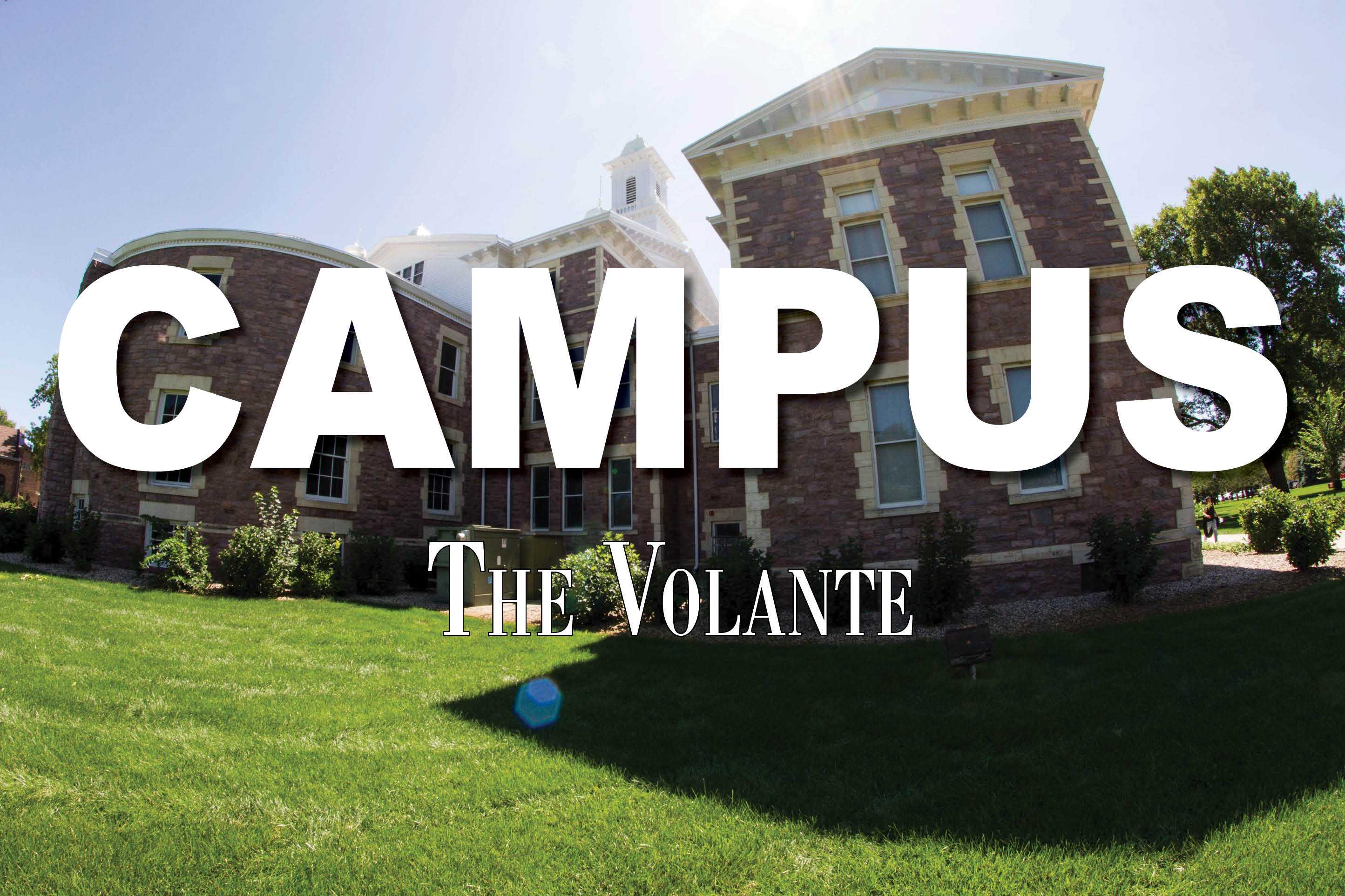
Inappropriate use of Quizlet prompts discussion of academic dishonesty
While many students use Quizlet, an online study interface, to succeed in their classes, they may be committing academic dishonesty.
Quizlet is a user-interface that allows students and faculty members to create study sets to share online, however, through the university’s eyes, this can be seen as academic dishonesty, as students often use the service to be dishonest in online tests and quizzes.
Deborah Dodge, assistant dean of students said that an academic dishonesty case depends on how a student uses Quizlet.
“Depending upon the particulars of a student’s use of the app, it may constitute unauthorized assistance, or the use of sources beyond those authorized by faculty, or acquiring materials without the instructor’s permission,” Dodge said. “All three examples are defined as cheating…the provision of unauthorized resources and/or the impermissible use of academic material.”
In an article by The Daily Toreador, Lisa Low, assistant professor of practice in public relations at Texas Tech said that Quizlet is used to prepare for online tests and then cheating can ensue.
“Websites like Quizlet are commonly used when taking online tests. Students simply copy the answer and paste it into the search engine of the browser,” Low said. “Most of the time, an answer on Quizlet will pop up. Professors are aware of this though, which is why some might choose to use software to catch cheating.”
Dodge said that once academic dishonesty is established, the student will be met with certain consequences.
“Faculty discretion means that consequences will vary. They may opt to award zero credit on a quiz or paper; require a retake or rewrite for learning purposes for no or reduced credit; reduce the course grade by a stated percentage, point penalty, or letter; administratively drop a student from a course; or implement course failure,” Dodge said.
The Daily Toreador article hints at the bigger picture that faculty just want students to succeed, Dodge said.
“Faculty want students to succeed,” Dodge said. “When students are in a time crunch, by and large, faculty would rather consider whether or not they can be flexible about a deadline – and when they cannot – a student is better served by a zero than by engaging in academic misconduct.”
Meredith Jenkins, senior music education and history double major, said USD has an appropriate academic dishonesty policy.
“I just haven’t had many classes where there would be quizzes up (on Quizlet),” Jenkins said. “I think USD has a good policy for academic dishonesty as they’re very strict on it.”
Kevin Phillips, senior music education and music performance double major said he uses Quizlet to remember information.
“I (use) Quizlet to create practice quizzes and flashcards for material that I’m learning in order to study for quizzes or tests, but also to review older information that I don’t want to forget,” Phillips said.
Phillips said that he knows fellow students who have used Quizlet to cheat and that the university can add certain policies to avoid such situations.
“I think that Quizlet can be used as a form of academic dishonesty, but it is not the intention of the site. It’s more convenient to be able to share notes or flashcards you made with your classmates,” Phillips said. “If you’re taking an online course, I know people who have used it to cheat. But I think the university can add specific policies to avoid that from happening.”
Phillips said the use of the lockdown browser for online tests is helping with academic dishonesty but more should be more options available.
“I think the university (has) a few options. They could either let students continue to cheat with Quizlet or create a new policy in order to prevent it from happening,” Phillips said. “Many professors already require students to take quizzes and tests online through lockdown browser or at a testing center. This already helps with these things.”


